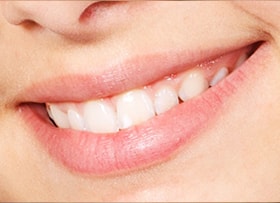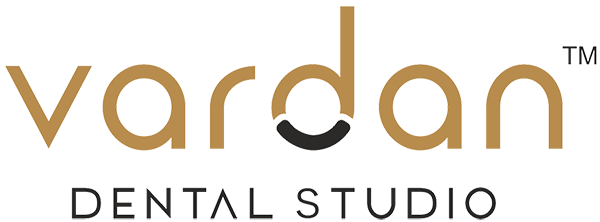Homeopathic Dentistry

Homeopathic Dentistry
The use of homeopathy is growing and you may be surprised by the wide variety of treatments that are specifically useful with dental conditions.
We can give homeopathic advice, from alternatives to antibiotics, through to the alleviation of nervousness or the treatment of sore gums.
Homeopathy and Dental Care
Homeopathy works on the principle of using like to cure like. In other words, it treats an illness with medicine made from a substance that would provoke similar symptoms in a healthy person and, in so doing, stimulates the body's own healing mechanism. As homeopathy is such a gentle therapy it has the potential to benefit all, from birth right through to old age.
Most conditions will respond to homeopathic medicines and some can be treated solely with homeopathy. A dentist trained in homeopathy will know when it is most effective to use homeopathic medicine, conventional medicine or a combination of both.
Dental conditions that often respond well to homeopathy include relief from pain, swelling, bruising, dental phobias, nausea, tooth sensitivity, jaw cramping, teething in infants, neuralgia, toothache, bleeding, infection, ulcers and cold sores. Homeopathy can be used equally well for both acute conditions and for more chronic problems when prolonged treatment may be required.
Yes.
This is because homeopathic medicines are made from a very small amount of the active ingredient using a process of dilution and succussion (vigorous shaking). Two hundred years of practice, research and trials have proved the safety of this gentle system of medicine for both people and animals. Unlike some conventional drugs, homeopathic medicines are non-addictive and have no dangerous side-effects. Homeopathy is particularly safe to use for babies (and is often used to relieve the discomfort of teething), children and pregnant and breastfeeding women under the supervision of an appropriately qualified practitioner.
